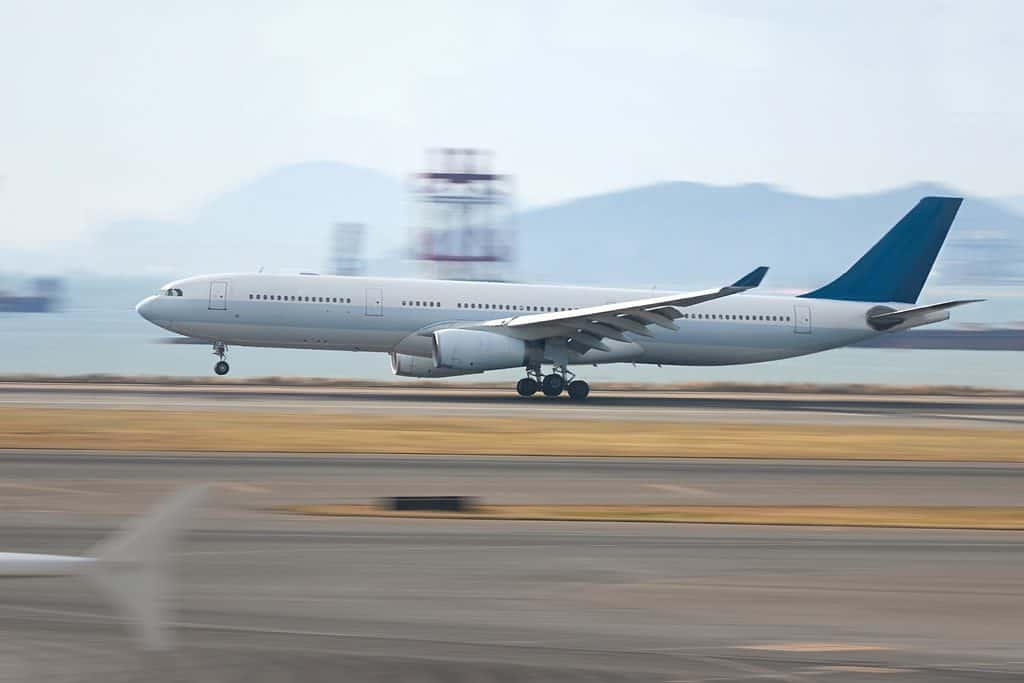ICAO issued new advice to national governments on repatriation flights designated as State aircraft, humanitarian flights, or commercial repatriation flights. The move comes as restrictions on air traffic continue to be introduced by many States to contain the spread of COVID-19.
The latest recommendations from the UN agency for civil aviation encouraged countries to ensure efficient authorizations for the entry, departure, and transit access of aircraft being operated to repatriate nationals and other eligible persons from foreign countries.
“Flights organized by States for the sole purpose of repatriating their nationals and other eligible persons from other States, with no embarkation or disembarkation of other passengers for ‘remuneration or hire’, can be designated as repatriation flights,” noted the ICAO State Letter, which was issued by ICAO’s Secretary General Dr. Fang Liu.
“This would ensure that necessary authorizations for the entry, departure and transit of aircraft carrying out such flights whether as State flights, humanitarian flights or chartered commercial flights, are granted expeditiously.”

Regarding repatriation flights carried out on a commercial basis, ICAO reminded States of their obligations with respect to the privilege of foreign aircraft engaged in non-scheduled commercial flights to carry passengers to/from their territories, and it also called on them to review their authorization procedures and ensure speedy approvals.
To-date ICAO has issued seven Electronic Bulletins and four State letters to countries relevant to the global response to COVID-19, and it is also producing regularly-updated global air traffic impact forecasts which are revealing the extent of the shutdown now taking place across the worldwide air transport network.
In addition to its regular advisories on COVID-19 to national governments, ICAO also serves as the key facilitator for State and other members of the Collaborative Arrangement for the Prevention and Management of Public Health Events in Civil Aviation (CAPSCA) programme.

